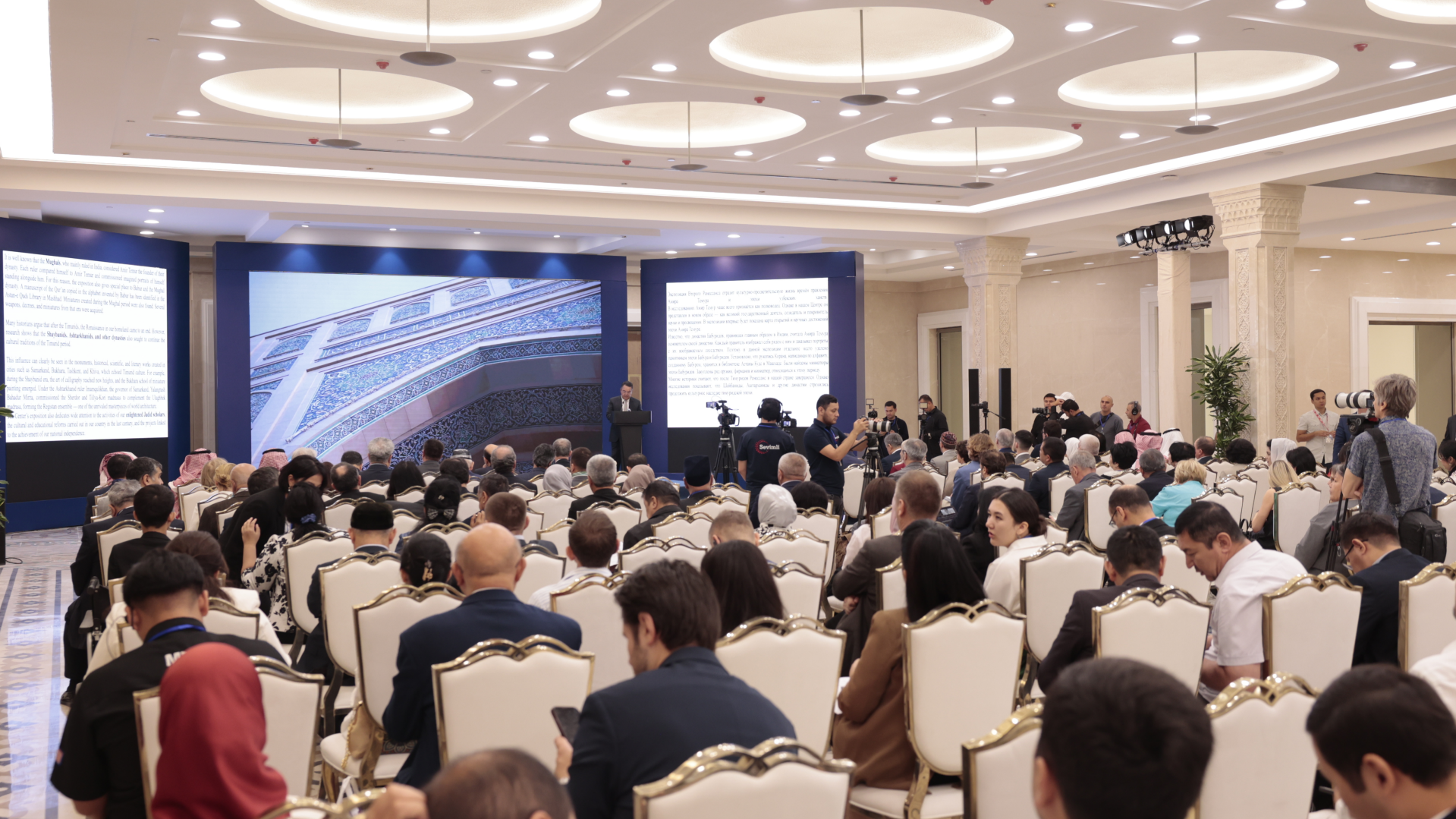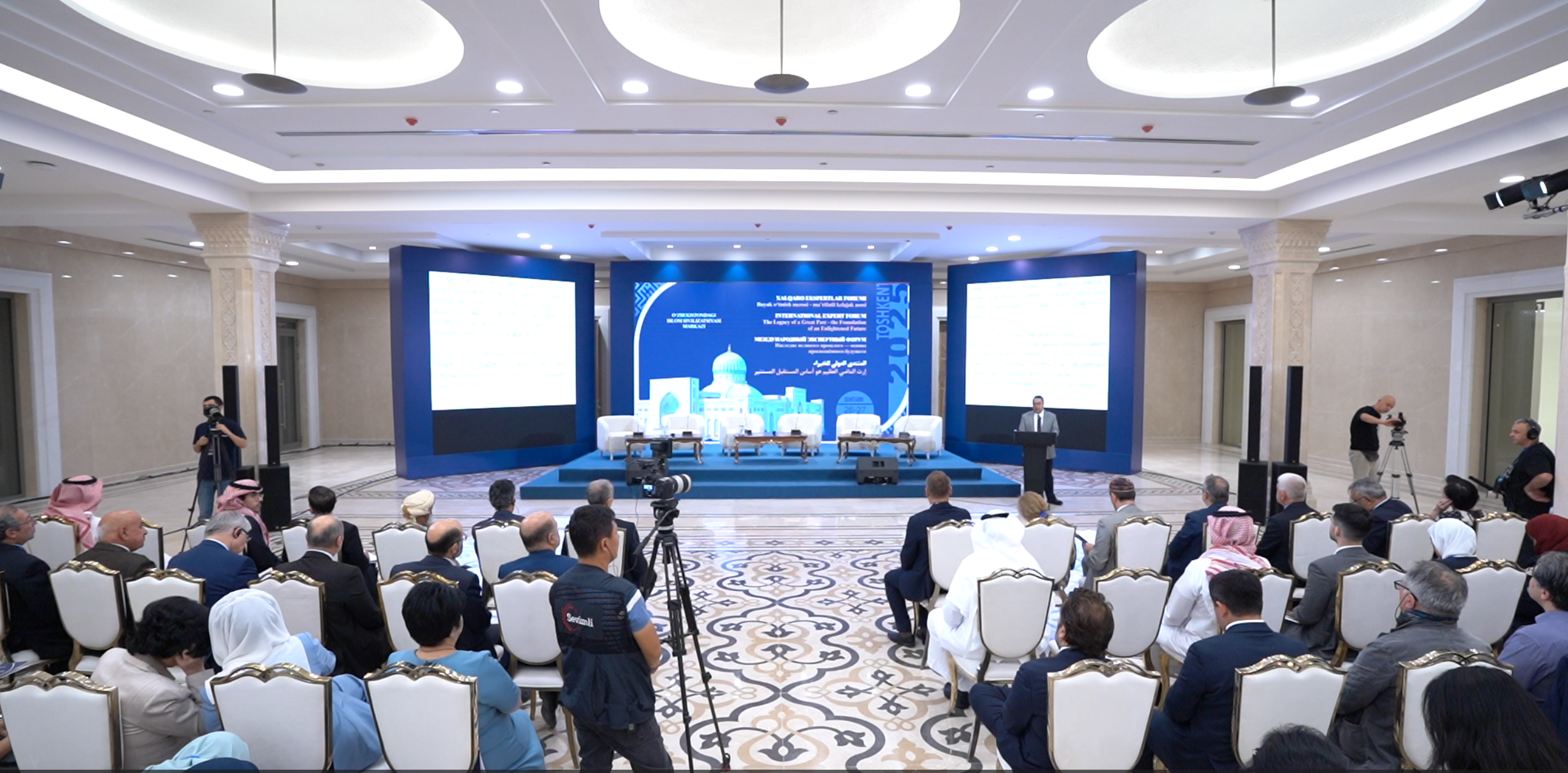ANKASAM: “New Uzbekistan: The Formula for Success in Religious Reforms”

Turkey’s prominent think tank ANKASAM (Ankara Center for Crisis and Policy Studies) has highly praised Uzbekistan’s extensive efforts aimed at ensuring freedom of conscience, improving religious education, studying the Islamic heritage on a scholarly basis, and promoting it globally.
ANKASAM published an analytical article dedicated to the religious and educational reforms implemented in Uzbekistan in recent years, titled “New Uzbekistan: The Formula for Success in Religious Reforms”.
The article commends Uzbekistan’s comprehensive work to guarantee freedom of conscience, enhance religious education, and study and promote Islamic heritage internationally based on academic principles.
According to ANKASAM, the new policies adopted in Uzbekistan and the approach that places human dignity as a supreme value have laid the foundation for deep, systematic reforms in the religious sphere over the past seven years. In particular, the analysis notes the recognition of efforts to rebuild state–religion relations on the basis of democracy and enlightenment, develop religious educational institutions in line with international standards, and harmonize science and education with the Islamic faith.
The article also highlights the activities of the Center of Islamic Civilization in Uzbekistan, the Imam Bukhari and Imam Maturidi International Research Centers, the School of Hadith Studies, the Mir Arab Higher Madrasa, and the International Islamic Academy of Uzbekistan. Through these institutions, the true humanitarian and educational essence of Islam is being widely presented. These centers are engaged not only in religious work but also in scientific research and the preservation and popularization of cultural and historical heritage.
According to ANKASAM’s analysis, the success of religious and educational reforms in New Uzbekistan lies in a model that harmonizes political will, strategic vision, scientific foundation, and international cooperation. In this regard, Uzbekistan’s experience is recognized as one of the examples worth studying for countries in the region and the Islamic world.
The publication of such analytical articles by internationally reputable think tanks like ANKASAM once again confirms the openness of Uzbekistan’s reforms, their alignment with international standards, and their recognition by the global community.
Most read

Over 100 experts from more than 20 countries of the world are in Tashkent!

The Center for Islamic Civilization – a global platform leading towards enlightenment

The museum of the Center for Islamic Civilization in Uzbekistan has been further enriched: unique artifacts from different parts of the world have been presented as gifts











